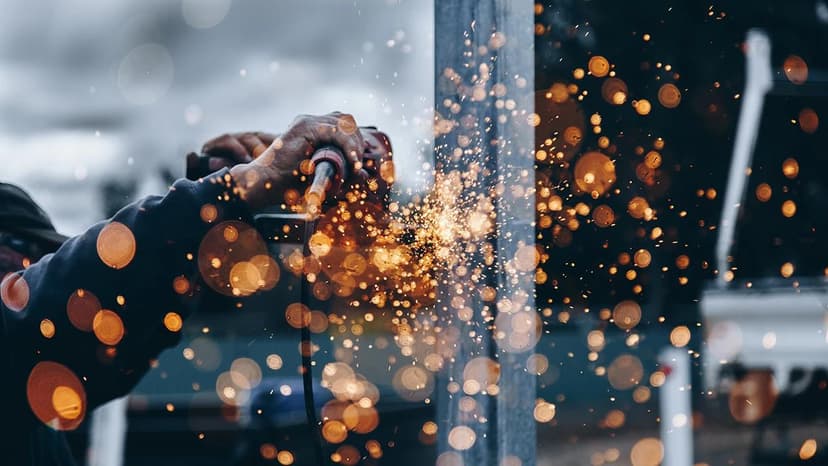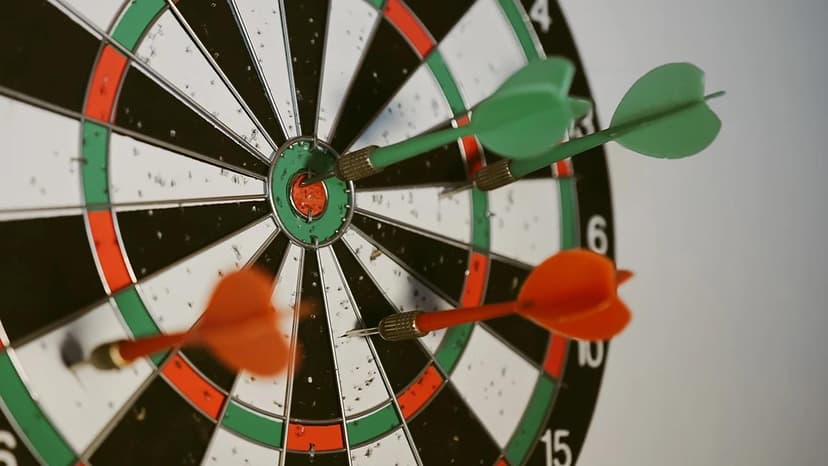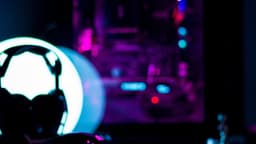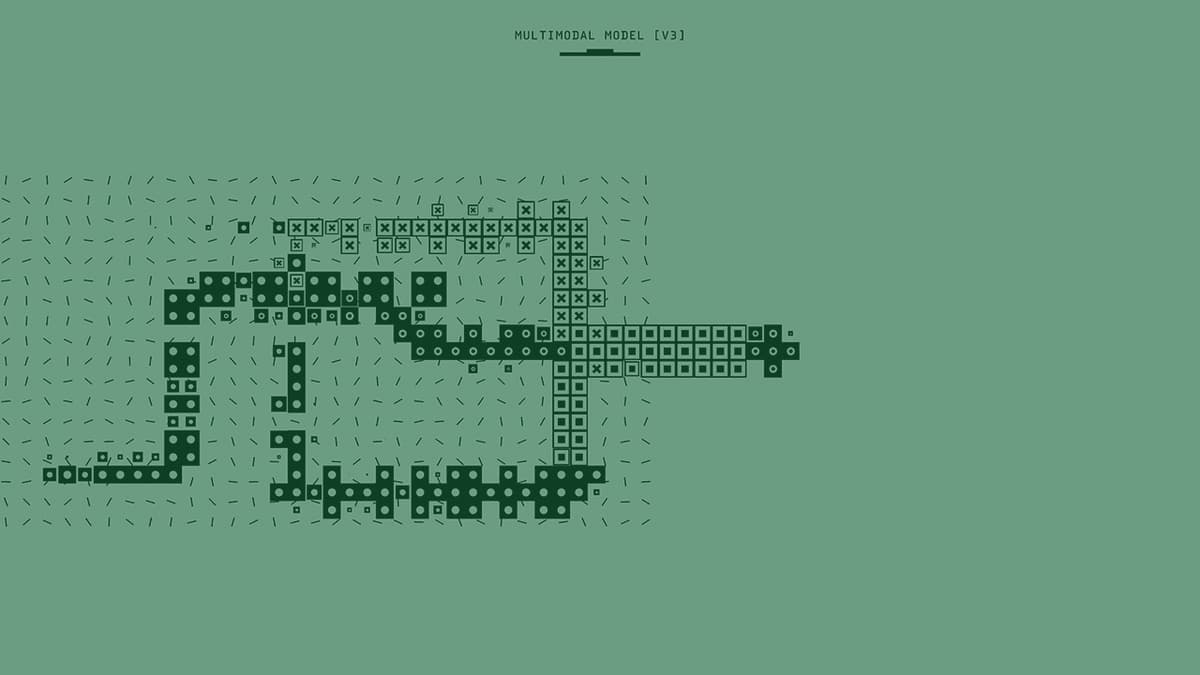Who Owns the Copyright of AI Generated Content?
In a world where technology is accelerating at an astonishing pace, artificial intelligence (AI) has made a significant mark. From assisting in daily tasks to creating art, writing code, and composing music, AI has become a valuable tool. But one big question looms: who owns the copyright of content generated by AI?
Let’s dive into this intriguing topic and explore the various perspectives on AI-generated content and copyright.
The Role of AI in Content Creation
AI-generated content can be anything from a piece of writing, a digital artwork, music, or even computer code. These outputs are created by algorithms that have been trained on a vast amount of data. For instance, AI models like OpenAI’s GPT-3 can write essays, op-eds, and even poetry based on the prompts provided by users.
Basics of Copyright
Before we venture into ownership, let's understand what copyright is. Copyright is a legal right granted to the creator of an original work. It allows the creator to control how their work is used, distributed, and reproduced. Copyright covers various types of works including literary, musical, and artistic creations.
Traditional Owners of Copyright
Historically, the owner of a copyrighted work is either the creator or the entity that employs the creator under a work-for-hire arrangement. For instance, if an artist paints a masterpiece, they typically own the copyright. If an employee writes a report as part of their job, the employer usually owns that copyright.
The Newcomer: AI as Creator
When AI systems act as creators, the issue of copyright becomes complex. AI doesn't have a mind of its own, nor does it hold legal status as a person or entity. It processes data and generates outputs based on the algorithms it’s been programmed with. Who should own the copyrights to these creations?
Different Perspectives on AI-Generated Content
The Programmer or Developer
One of the most common perspectives is that the person or company that developed or programmed the AI should own the copyright. The reasoning behind this is straightforward: the developers created the AI and thus facilitated the creation of the content. For example, if a company like OpenAI produces a text via GPT-3, the company could argue it owns the copyright.
The User Providing the Prompts
Another argument is that the person who inputs the prompts to the AI should own the copyright. They have a role in guiding the AI towards a desired outcome. If a writer uses an AI tool to draft a novel, they could argue that their input and direction are vital components of the final piece, thus entitling them to the copyright.
Joint Ownership
A middle ground might be joint ownership between the developer of the AI and the user who provides the prompts. Both parties play crucial roles in the creation process, so sharing the copyright might be a fair solution.
Legal Views and Precedents
United States
The U.S. Copyright Office has issued statements indicating that works created solely by a machine or an AI that lacks human authorship do not qualify for copyright protection. The office has consistently maintained that copyright law is intended to protect creations with a sufficient element of human authorship. More information can be found on the U.S. Copyright Office website.
European Union
In the European Union, there is ongoing debate regarding AI-generated content and copyright. Some EU member states have started to consider the possibility of changing copyright laws to address AI-generated works, but as of now, no concrete legislation exists that directly addresses this issue.
Other Jurisdictions
Other countries are moving at different paces in addressing this question. In Japan and Australia, there are discussions around potentially recognizing the developers or users as owners of the copyright for AI-generated works. The global landscape is still very much in flux.
Ethical Considerations
Besides the legal ramifications, ethical questions also come into play. Should an entity profit from a creation that technically involved no human effort in its immediate production? Is it fair to attribute creative credit to an algorithm?
Future Outlook
As AI continues to evolve, the legal frameworks surrounding AI-generated content are likely to evolve too. Lawmakers, creators, and developers need to collaborate to find a balance that respects human creativity while acknowledging the growing role of AI in content creation.
In the meantime, anyone using AI-generated content should tread carefully and consider legal advice to navigate this complex landscape.
The question of who owns the copyright of AI-generated content is still very much open. Developers, users, and even lawmakers have differing views on this issue. As AI continues to become a more integral part of creativity and production, it’s crucial to develop clear guidelines and laws to address these unique challenges.
Whether you’re an artist, writer, or tech enthusiast, it’s essential to stay informed and engaged with this ongoing conversation. The future of copyright in the age of AI is unfolding right before our eyes, and everyone has a role to play in shaping it.












